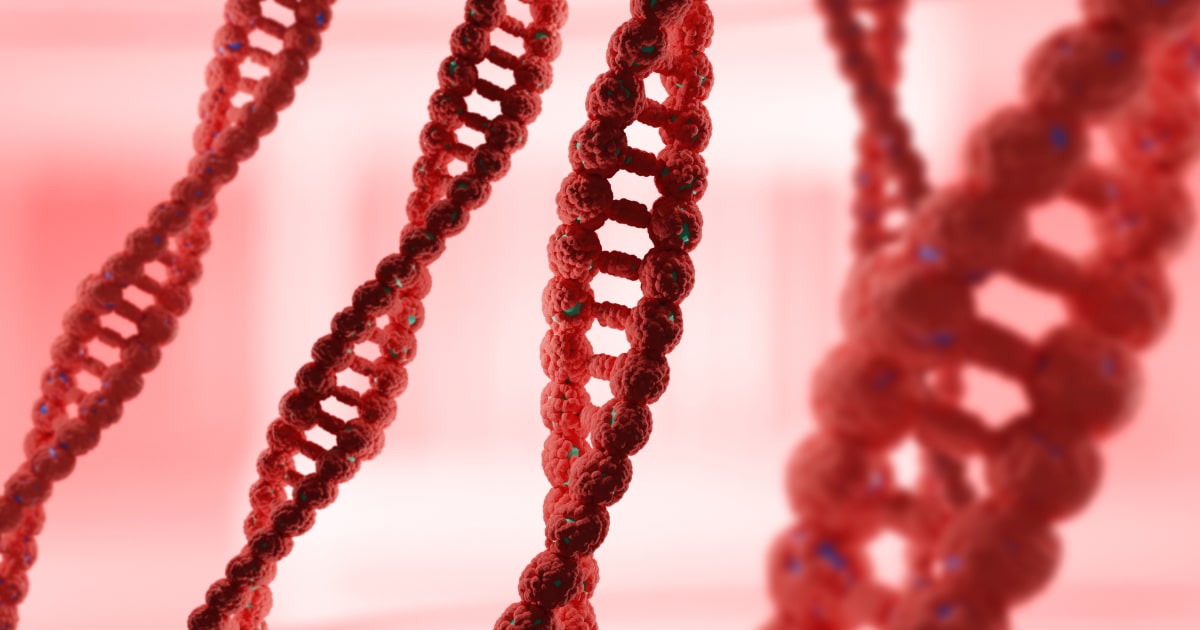
Expert Reviewed By: Dr. Brandon Colby MD
Monilethrix, more commonly known as beaded hair, is a rare genetic disorder that affects the structure and strength of hair, leading to fragile, brittle strands that resemble a string of beads. This condition, which can be distressing for those affected, has been traced back to genetic mutations, primarily in the DSG4 gene. Recent advances in genetic testing have opened new avenues for understanding, diagnosing, and managing this condition more effectively.
What is Monilethrix?
Monilethrix is a hereditary hair disorder characterized by a distinctive beaded appearance of the hair shaft. This beaded pattern is due to periodic narrowing and thickening along the hair strand, making it prone to breakage. The disorder is primarily inherited in an autosomal recessive pattern, meaning that both parents must carry and pass on the defective gene for the condition to manifest in their child.
The Genetic Basis of Beaded Hair
The genetic mutation linked to monilethrix is found in the DSG4 gene. This gene plays a crucial role in hair follicle development and hair shaft formation. When mutated, it disrupts the normal structure of hair, leading to the beaded appearance. According to the study highlighted in the Journal of Investigative Dermatology, the DSG4 mutation also triggers the endoplasmic reticulum stress response, which further impacts hair health.
Genetic Testing: A Tool for Diagnosis and Beyond
Genetic testing has become an invaluable tool in the diagnosis and management of monilethrix. By analyzing an individual's DNA, healthcare professionals can identify the presence of mutations in the DSG4 gene, confirming a diagnosis of beaded hair. This not only provides clarity for patients and their families but also aids in planning appropriate management strategies.
Early Diagnosis and Intervention
One of the primary benefits of genetic testing is the ability to diagnose monilethrix early in life. Early diagnosis allows for timely interventions that can help manage symptoms and improve quality of life. For instance, individuals can be advised on gentle hair care practices to minimize breakage and damage.
Family Planning and Genetic Counseling
For families with a history of monilethrix, genetic testing can offer critical insights into family planning. Genetic counselors can provide information on the likelihood of passing the condition to future generations, helping families make informed decisions. This knowledge empowers individuals to understand their genetic risks and consider options such as prenatal testing or assisted reproductive technologies.
Research and Development of Therapies
Genetic testing also plays a pivotal role in advancing research into potential treatments for monilethrix. By identifying the specific genetic mutations involved, researchers can develop targeted therapies that address the root cause of the disorder. This could lead to innovative treatments that improve hair health and reduce the impact of the condition on affected individuals.
Looking Ahead: The Future of Genetic Testing in Monilethrix
As technology continues to evolve, the scope and accuracy of genetic testing are expected to improve, offering even more precise diagnoses and personalized treatment options for those with monilethrix. The integration of genetic testing into routine healthcare could revolutionize the way we approach rare genetic disorders, providing hope for individuals and families affected by conditions like beaded hair.
In conclusion, genetic testing has emerged as a powerful tool in the fight against monilethrix. By unlocking the genetic secrets behind this condition, we can pave the way for better diagnosis, management, and ultimately, improved outcomes for those living with beaded hair. As research continues to advance, the potential for understanding and treating monilethrix grows ever brighter, offering a beacon of hope for the future.
About The Expert Reviewer
Dr. Brandon Colby MD is a US physician specializing in the personalized prevention of disease through the use of genomic technologies. He’s an expert in genetic testing, genetic analysis, and precision medicine. Dr. Colby is also the Founder of and the author of Outsmart Your Genes.
Dr. Colby holds an MD from the Mount Sinai School of Medicine, an MBA from Stanford University’s Graduate School of Business, and a degree in Genetics with Honors from the University of Michigan. He is an Affiliate Specialist of the American College of Medical Genetics and Genomics (ACMG), an Associate of the American College of Preventive Medicine (ACPM), and a member of the National Society of Genetic Counselors (NSGC)